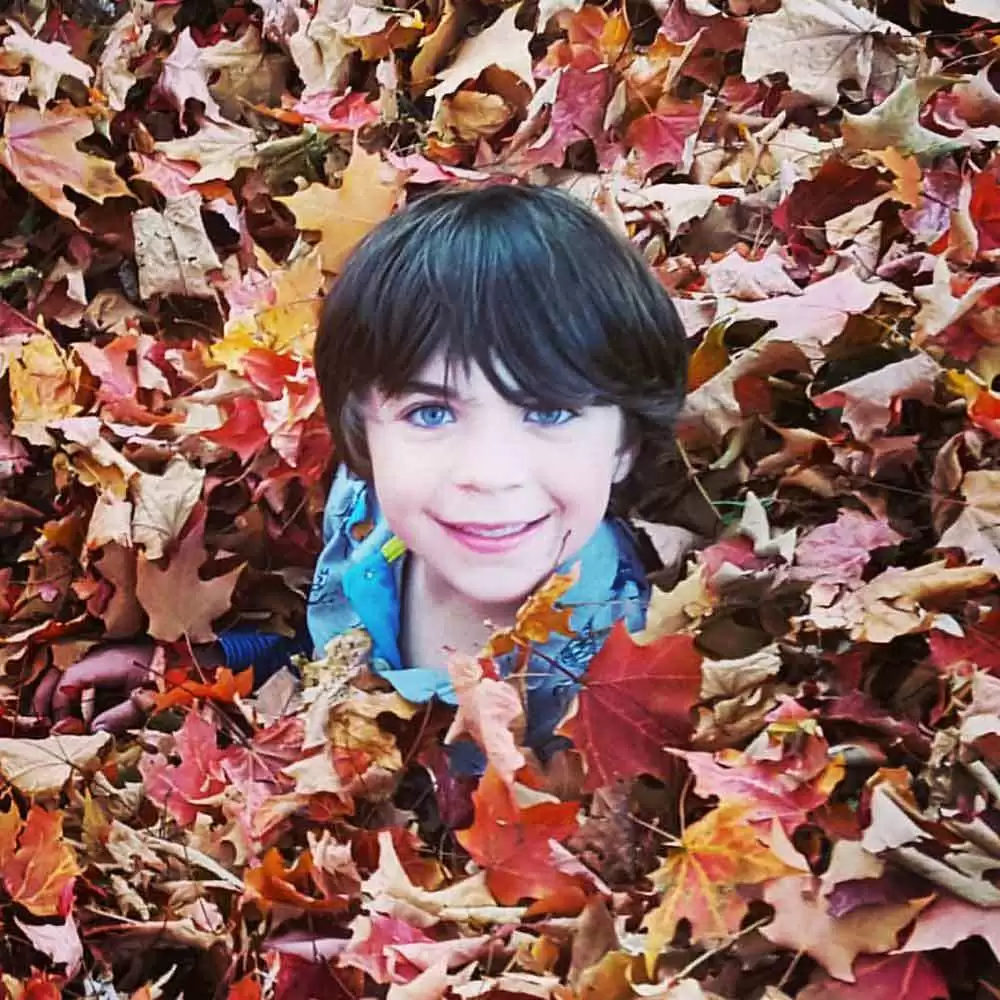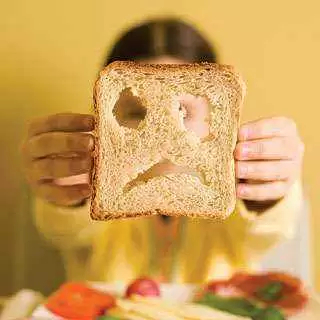
Celiac.com 10/04/2019 - This is an article for friends and family to help them understand celiac disease and how they can help you.
I understand someone in your life has just been diagnosed with celiac disease. It means their lives will change dramatically and you as part of their life should offer support. In this article, I'm going to briefly explain what celiac is and how you can help in the most basic ways.
Celiac.com Sponsor (A12):
Celiac disease is an autoimmune disease of the small intestine. Food is broken down into nutrients in the stomach and absorbed into the body in the small intestine. There are microscopic finger-like projections called "villi" in the small intestine that absorb the food. In celiac disease, these villi are damaged and cannot absorb nutrients.
Celiac disease is the only autoimmune disease with a known trigger. The trigger is gluten. Gluten is a protein found in wheat, rye, and barley. When gluten is in the small intestine, the body misunderstands that gluten is a good nutrient and mounts an attack on the villi to stop the absorption of gluten. Thus leading to the damage evident in celiac disease.
Currently there is no medicine to treat celiac disease, and once diagnosed, the loved one will always have it. It cannot be outgrown. Celiac is not caused by Roundup and has been around since 2000 BC.
When someone with celiac disease consumes gluten, the villi will be damaged and it can take up to 2 years for the villi to recover. If left untreated, it can cause weight loss, malnutrition, failure to thrive in children, and even a specific intestinal lymphoma that is often fatal.
One sixty-fourth of a slice of bread is enough to set off the autoimmune reaction in a celiac sufferer. So even the smallest amount of gluten is dangerous. It is a protein so it cannot be burned off of grills or pans.
Now, for the good news, a gluten free diet is easier than you think and can be easy to manage. (I'm envisioning this going to friends or family that live outside your home. You've got to manage your home yourself.)
The whole objective would be to keep your guest or family member with celiac safe from getting sick. Aluminum foil and plain foods are your best friend. Put aluminum foil between any surface that may have touched gluten at any point in the last six months and the food you will be cooking. Also, put aluminium foil between the counter top or cutting board and any food you will be serving.
If cooking both a gluten and gluten-free meal, simply wash your hands with soap after touching the gluten item.
Regarding seasonings and marinades, please know that salt and pepper and no marinades are safest. Marinades are tricky because many contain soy sauce are aren't gluten-free. Also, soy sauce contains gluten, and luckily there are gluten-free versions available.
Regarding vegetables or sides, roasting, grilling with aluminum foil, or boiling are all safe cooking methods. Salads dressings with complex ingredient lists are too complicated to go into here, but to start out just stick with a baked potato or rice.
New condiments, condiments from squeeze bottles, and a new stick of butter is best and safest. If you can see a crumb, then the whole thing is unsafe for someone with celiac disease.
Finally, the celiac sufferer is not trying to make your life more difficult. They are trying to stay safe while eating. We eat 3-4 meals a day, every day.
Put yourself in their shoes. Imagine being afraid that every morsel of food put into your mouth could make you sick. Now you have to go to someone's house that doesn't understand or even makes fun of this disease. It is anxiety inducing. Please answer the celiac friend's millionth question because they are just trying to stay healthy!
I hope this helps!








Recommended Comments
Create an account or sign in to comment
You need to be a member in order to leave a comment
Create an account
Sign up for a new account in our community. It's easy!
Register a new accountSign in
Already have an account? Sign in here.
Sign In Now